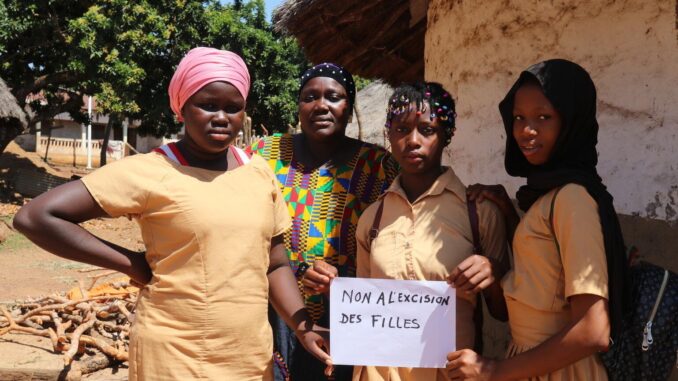
In a significant victory for human rights advocates, Gambia’s parliament has decisively rejected a bill that sought to overturn the country’s 2015 ban on female genital mutilation (FGM). The proposed legislation, introduced in March under pressure from some Muslim clerics, faced strong opposition from human rights groups and the United Nations.
Speaker Fabakary Tombong Jatta announced that a majority of MPs voted against all clauses of the bill, effectively halting its progress even before reaching the final reading. This decision maintains Gambia’s stance against a practice that affects 73% of women and girls aged 15 to 49 in the country, one of the highest rates globally.
The 2015 ban introduced hefty fines and jail terms for perpetrators, including life sentences if a girl died as a result of the procedure. FGM, particularly in its most severe form, involves removing the clitoris and stitching the genitals closed, severely impacting a woman’s ability to experience sexual pleasure.
Human rights organizations like Action Aid had warned that overturning the ban would jeopardize Gambia’s progress in combating violence against women and girls. The parliamentary rejection of the bill represents a crucial step in maintaining the country’s commitment to protecting women’s rights and bodily autonomy.
This decision aligns Gambia with over 70 countries worldwide that have banned FGM, although the practice continues in many Muslim-majority nations. As the country moves forward, the focus now shifts to enforcing the existing ban and continuing efforts to eradicate this harmful practice through education and community engagement.
